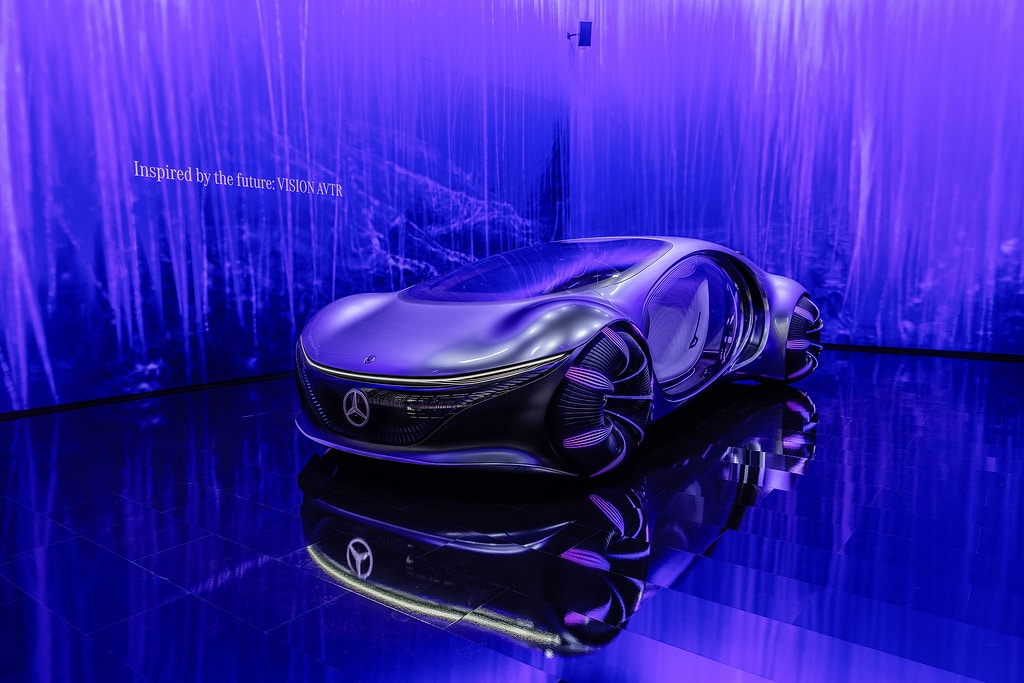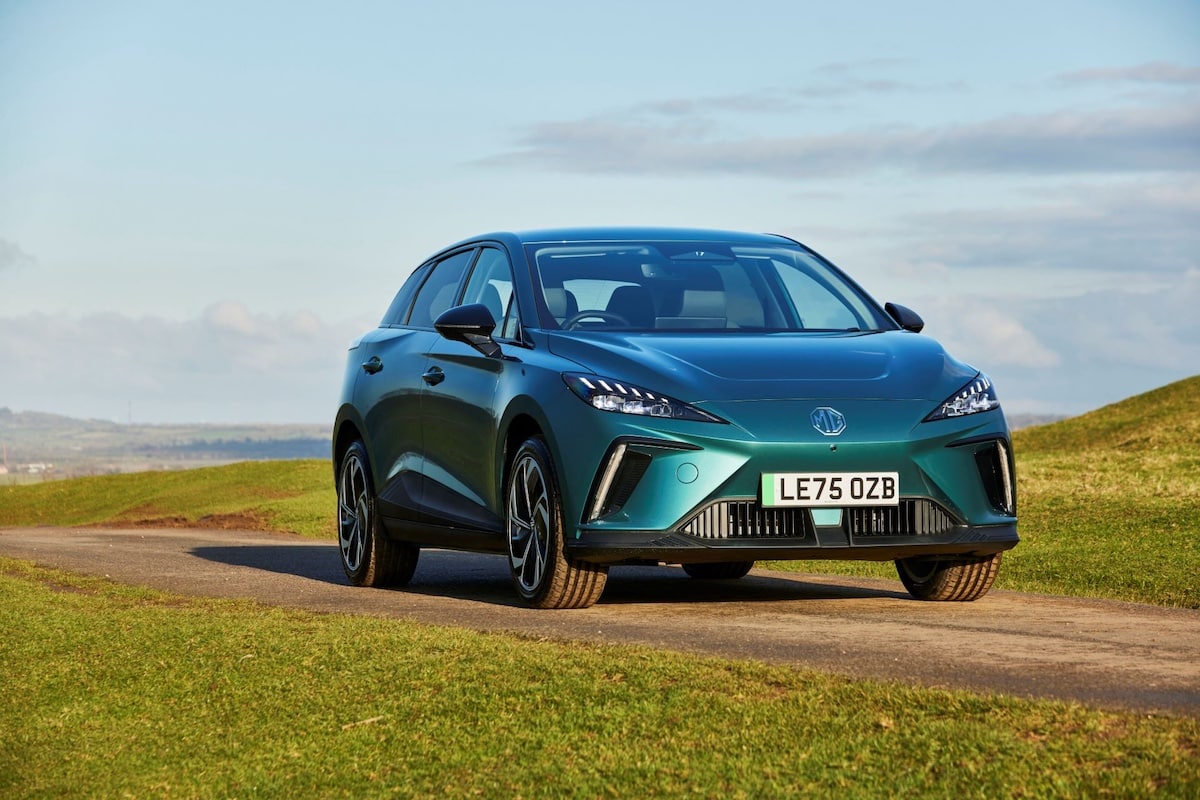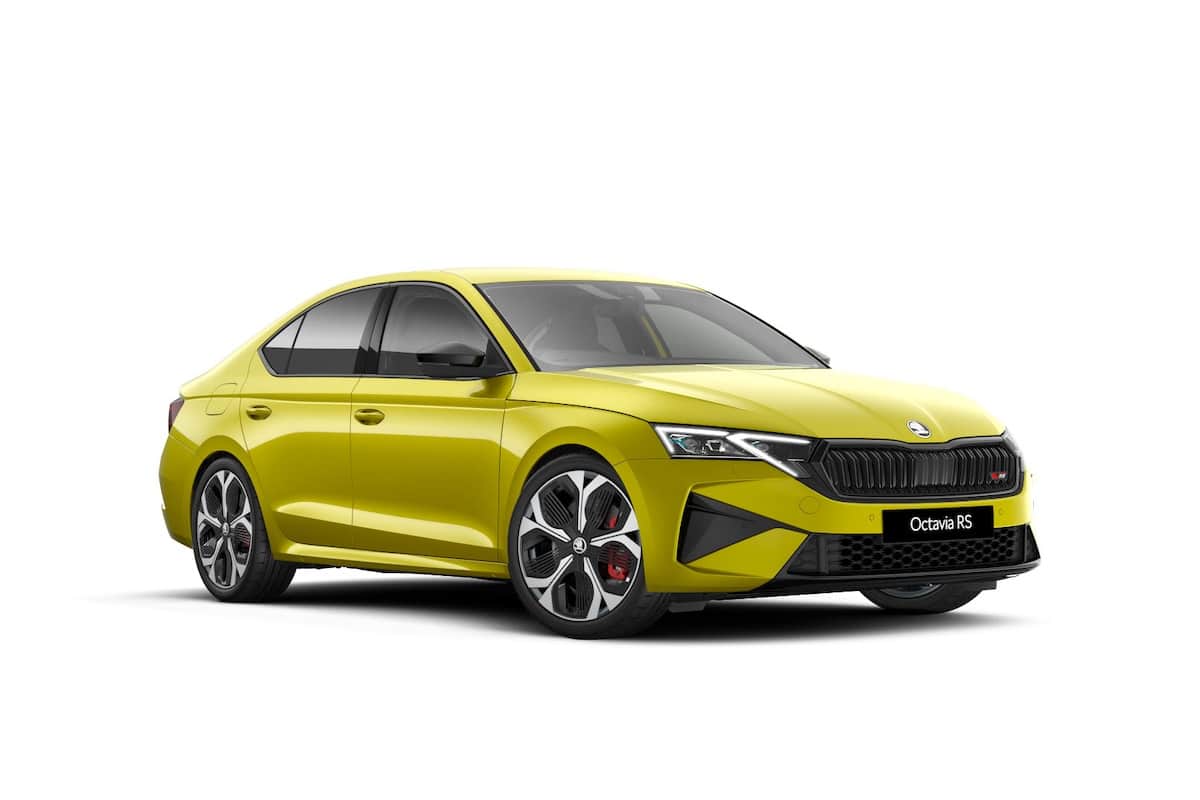Who pollutes more, electric or thermal?

Electric cars are harmful to the environment, but less so than gasoline cars. We assert this, and here is why.
Electric cars are often referred to as “zero-emission vehicles.” In absolute terms, and to reassure the most fervent skeptics, this is not entirely true as there are still emissions related, for example, to tires and lubricants, but objectively, when an electric vehicle is in operation, it does not emit any harmful emissions related to the operation of its powertrain, unlike a gasoline car.
The environmental issue of electric cars certainly stems from the batteries that compose them. The production of these batteries requires a lot of energy, often not clean, and harms the environment in other ways. This is nothing new; it is common knowledge with extensive media coverage. But do these environmental damages negate the ecological advantages of moving away from gasoline? Does the production and final disposal of batteries completely cancel out the benefits of the lack of emissions from an electric car in operation?
The extraction of materials that make up a battery is an environmental plague. From the very beginning of the manufacturing cycle, giant diesel trucks transport them to refineries often powered by fossil fuels. So there is no doubt that the production of batteries for electric vehicles has a significant carbon footprint. But can we confidently assert that the construction of an electric vehicle causes more climate damage than building a gasoline car? It is impossible because the extraction of oil necessary for the operation of gasoline cars also has significant impacts on the environment.
The future is electric
In any case, a gasoline car starts making up for lost time, if there is any, as soon as it travels its first meter! The construction of a battery is an environmental cost that is paid only once. Burning gasoline is a cost that is paid again and again, and again. Oil extraction is also becoming more impactful on the environment due to the depletion of easily accessible black gold. Fracking extraction, flaring of unusable gases, and maybe soon drilling in Greenland, one of the last cold reserves on the planet! Humans have reached the limits of what can be done with this oil, and the technologies available to reduce pollution will no longer evolve.
In contrast, electric automotive technology is still in its infancy, and electric cars are becoming cleaner and cleaner. Every day, the best engineers on the planet are working to limit the use of rare minerals or those requiring significant transformations. The efficiency of batteries increases year after year at a rapid pace. We have also finally understood that reducing the energy consumption of cars is more important than increasing the capacity of batteries. Once their automotive life cycle is over, these batteries can still be useful, even at half their efficiency, for storing domestic electricity for many more years. Finally, the components of batteries can be recycled. Let’s be honest, this does not significantly reduce the need for mining since demand is increasing, but in the long run, lithium and nickel molecules could be used for many generations of cars, which is not the case for fossil fuels.
In conclusion, the best way to protect the planet remains simply to reduce the number of vehicles on the road, regardless of the energy required for their operation. Viewing electric cars as a step towards a more virtuous mobility world has at least the merit of offering a glimmer of hope in a sky darkened by years of oil abuse. We need this oil in our daily lives, so let’s stop burning it unnecessarily when an alternative exists.
ALSO READ: Electric car sales are not decreasing, on the contrary!
This page is translated from the original post "Qui pollue le plus, électriques ou thermiques ?" in French.
We also suggestthese articles:
Also read




